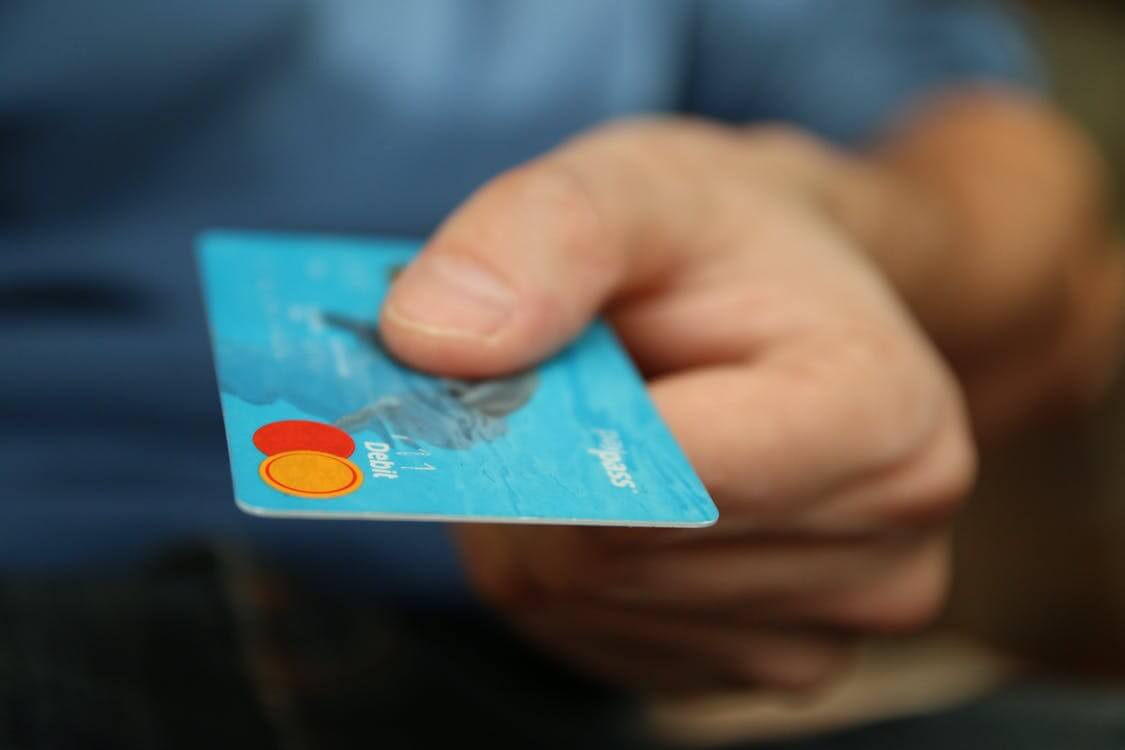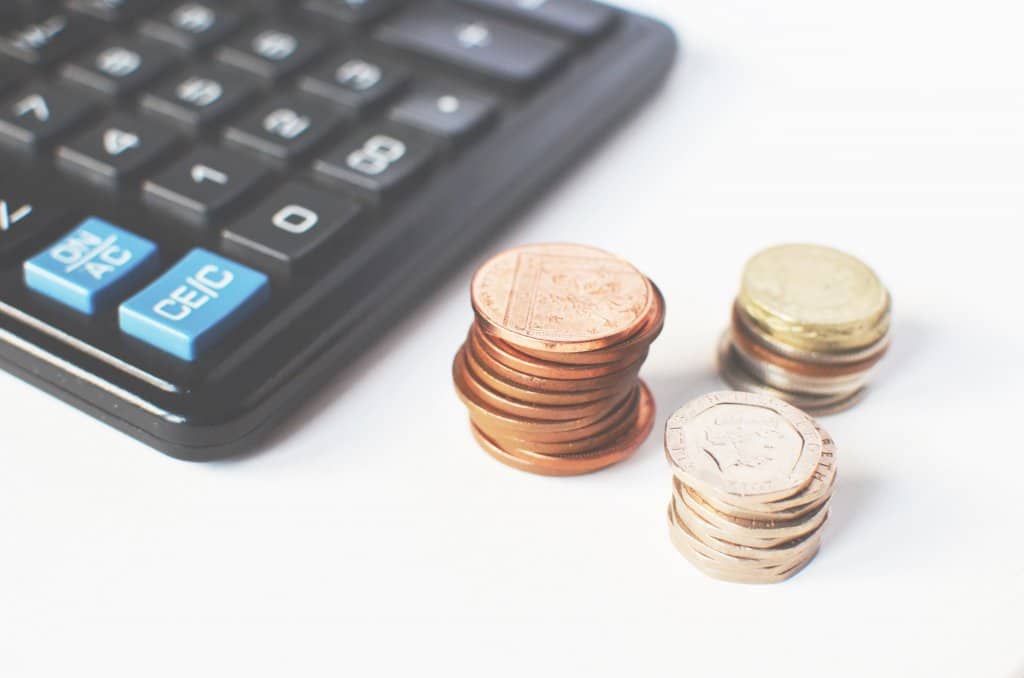A credit limit is the amount that you are allowed to spend on your credit card each month before being charged additional fees. A credit card is pretty much like a type of loan, where you are using your plastic credit card to borrow money and simply pay it off each month. Once repaid in full each month, it simply goes back to zero.
Example: Chris has a credit limit of £2,000 per month and has currently spent £1,500 on his credit card this month on his groceries, online shopping and paying off bills. This means he has another £500 he can put on his credit card without receiving a penalty or paying extra charges.
Everyone will have a different credit limit for their credit cards depending on their income, credit score and affordability. For instance, those individuals with good credit scores may have higher credit limits and those with poor credit histories have lower credit limits. Credit limits may vary between card providers, promotional products and offers available.
What Determines Your Credit Limit?

Your credit limit is based on the following factors:
- Income
- Expenses
- Affordability
- Employment
- Credit history
- Introductory offer
When you apply for a credit card, there will usually be a few standard checks carried out on your monthly income, employment status and credit history. The credit card provider will use this information to determine your monthly credit limit and what interest rate you should be charged.
Affordability, expenses and any other outstanding debts will also be taken into consideration. For instance, a customer with a lot of outstanding loans, defaults and credit card bills should not necessarily be given a large credit limit – but instead adjusted to what they can afford.
Some credit cards will come with an introductory offer, giving you a higher credit limit to begin with.
Essentially, the card provider will give you a credit limit that you can afford to repay without falling into debt or have trouble paying back.
How Can I Find Out My Credit Limit?

You can find your credit limit on:
- Your monthly credit card statement
- By checking your credit card account online
- Calling up and asking your credit card issuer
- Checking your initial terms and conditions
If you are looking to apply for a new credit card, Everything Financial offer a soft credit check, allowing you get a pre-approved quote based on entering a few basic details – and this will give you an indication of your credit limit when you apply.
How to Increase Your Credit Limit?
You may wish to increase your credit limit at some point due to an increase in your expenses such as having an extra dependent, pressing bills, holidays or similar.
You can usually apply for a credit limit increase online when you log into your account or you can request one over the phone. The card provider will need to run a few affordability checks and may take a few days in order to respond to you or sometimes they will increase your credit limit immediately.
In some cases, your bank or card provider will offer you a credit limit increase and they may write you a letter or send you a message which you can accept or decline.
What Happens If I Go Over My Credit Limit?

If you go over your allocated credit limit, you will go into your ‘overdraft’ and will be charged additional fees for any spending. Importantly, your credit card provider will not cut you off and they will allow you to keep spending, because charging interest for using overdrafts is how credit card companies make their money and you may also need the facility for emergency purposes.
Depending on your credit card deal, you may have been issued an authorised overdraft, which allows you to borrow an extra £1,000, £2,000 or more at a slightly higher interest rate. Being an authorised account, the provider has run their checks and based this rate and limit on your personal circumstances.
If you use an unauthorised overdraft, you are essentially borrowing money without permission or any checks by the lender. Therefore, the cost of using an authorised overdraft can be extremely high, with some issuers charging £60, £80 or £100 for every £100 that you borrow, making it one of the most expensive forms of borrowing out there.
Whenever you go into your overdraft, banks and providers will send you an SMS alert by law letting you know. But be warned, the cost of using your overdraft can be very expensive and should be avoided where possible. If may also have a negative impact on your credit score.
Example: Chris has a credit card at 0% interest. When he spends £2,000 on his credit card each month and pays back the full £2,000, there is no interest charged. One month, Chris had some unexpected bills and borrowed an extra £100 through his authorised overdraft. At 20% interest, this cost him an extra £20 in fees. The following month, he used a different card and borrowed £100 through his unauthorised overdraft and this cost him an extra £95 in fees.
How Does a Credit Limit Work for Bad Credit?

If you have a weaker credit history, you may be granted a credit card with just a lower credit limit than average.
In addition, to manage the potential risk of default, the interest rate charged for bad credit customers will be slightly higher. Credit cards with good credit are charged at around 0% to 18%, but bad credit customers will pay between 18% to 36%.

